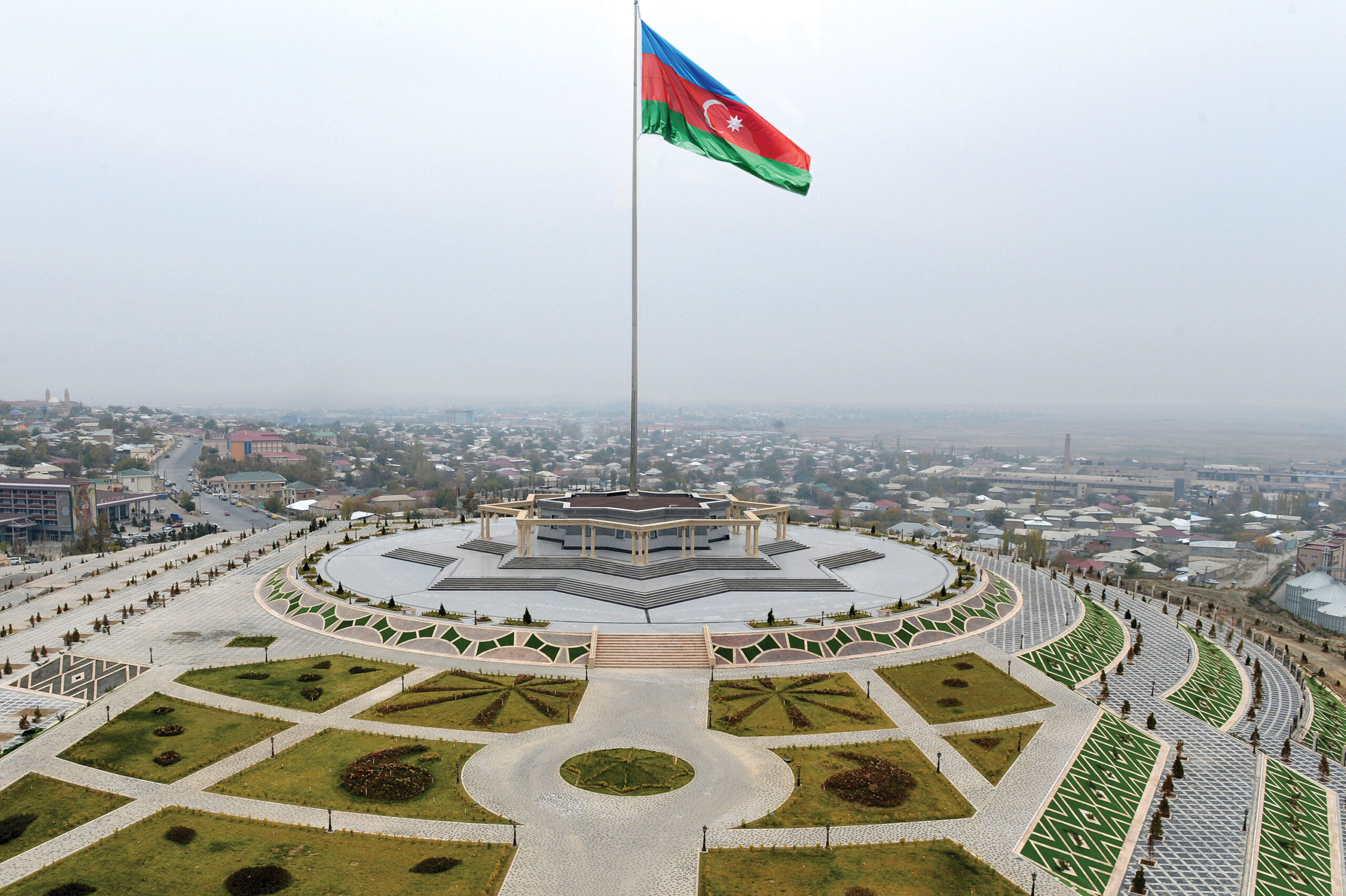Azerbaijan plans to create a free economic zone in the Nakhchivan Autonomous Republic, a landlocked exclave in the southwest of the country.
This is part of the "State program for the socio-economic development of Nakhchivan AR for 2023-2027" approved this week by the President of Azerbaijan.
The preliminary design process of the project will reportedly start this year under the aegis of the country’s Cabinet of Ministers.
Vugar Bayramov, a Member of Parliament, said the goal of the project is to speed up the economic growth in Nakhchivan through expansion of trade and logistics opportunities.
“At the same time, the creation of a special customs regime for the entire territory of Nakhchivan, which provides for customs duty concessions, will be implemented. This list will not include goods produced in Azerbaijan,” Bayramov wrote on Facebook.
According to him, within the framework of the program, duty-free shops will be opened in a new trade center within the free economic zone in order to offer goods at lower prices.
“According to the program, the limits and terms of concessions on import customs payments will be determined for those travelling to the Nakhchivan Autonomous Republic by air and from other regions of Azerbaijan. In general, the program envisages the formation of a zone with a freer and more liberal regime in Nakhchivan,” Bayramov concluded.
Nakhchivan AR is a developing diversified industrial and agrarian-industrial territory of Azerbaijan. Processing of agricultural products and output of mineral products stands at the forefront of manufacturing in Nakhchivan.
There are electronics, metal processing, construction materials, automotive, and light industry facilities operating across the autonomous republic. Agriculture mainly includes grain cultivation, cattle breeding, vegetable growing, and horticulture.
The government of Azerbaijan implements periodic systematic economic reforms, including in the agrarian and light industry sectors to provide more opportunities for free ownership, private property, and businesses in Nakhchivan.
From 1994-2022, the total gross domestic product (GDP) output in Nakhchivan increased by 80.2 times, the volume of industrial production increased by 467.3 times, and the total agricultural output increased by 25.8 times. The number of industrial enterprises in the region over the reporting period exceeded 400, and the domestic manufacturing portfolio covered more than 300 products.
According to the 2022 data compiled by the State Statistical Committee of Nakhchivan, the GDP output in 2022 stood at $1.3 billion.
Nakhchivan became an exclave separated from the Azerbaijani mainland after the Soviet occupation of the South Caucasus region in 1920. Following the region’s incorporation, Soviet rulers inked a decision to transfer some of Azerbaijan's territories, including its historic region of Zangazur, which borders Nakhchivan, to the newly-created Armenian state.
Armenia’s military aggression against Azerbaijan in the early 1990s aggravated Nakhchivan’s isolation. All kinds of energy, electricity, and transport connections, including highways and railway links to Nakhchivan was closed by Armenia. Currently, land connections with Nakhchivan are available via either Iran or Türkiye.
The government of Azerbaijan is going to restore the direct connection between the country’s mainland and Nakhchivan on the Zangazur Corridor multi-modal transport route.
The construction of the Zangazur Corridor is one of the projects initiated by Azerbaijan following the 2020 war with Armenia. Article 9 of the trilateral agreement signed by Azerbaijan, Russia, and Armenia on November 10, 2020, to end the war provides for the unblocking of all economic and transport links in the region.
Armenia undertook to guarantee the safety of transport links between the western regions of Azerbaijan and Nakhchivan in order to organize an unimpeded movement of citizens, vehicles, and goods in both directions.







 The number of evacuees from flooded areas in Kazakhstan has reached 97,852 people, including about 32,856 children since March 27.
The number of evacuees from flooded areas in Kazakhstan has reached 97,852 people, including about 32,856 children since March 27.
 The Islamic holy month of fasting, Ramadan comes to an end this week with the celebration of a joyous festival called Eid (meaning “festival” in Ar...
The Islamic holy month of fasting, Ramadan comes to an end this week with the celebration of a joyous festival called Eid (meaning “festival” in Ar...
 Iran's senior military leaders described the drone and missile attack on Israel on April 14 night as “successful".
Iran's senior military leaders described the drone and missile attack on Israel on April 14 night as “successful".
 Iranian President Ebrahim Raisi warned Israel that it would face a "real and extensive" response if it makes any "mistake" following Tehran’s missi...
Iranian President Ebrahim Raisi warned Israel that it would face a "real and extensive" response if it makes any "mistake" following Tehran’s missi...



